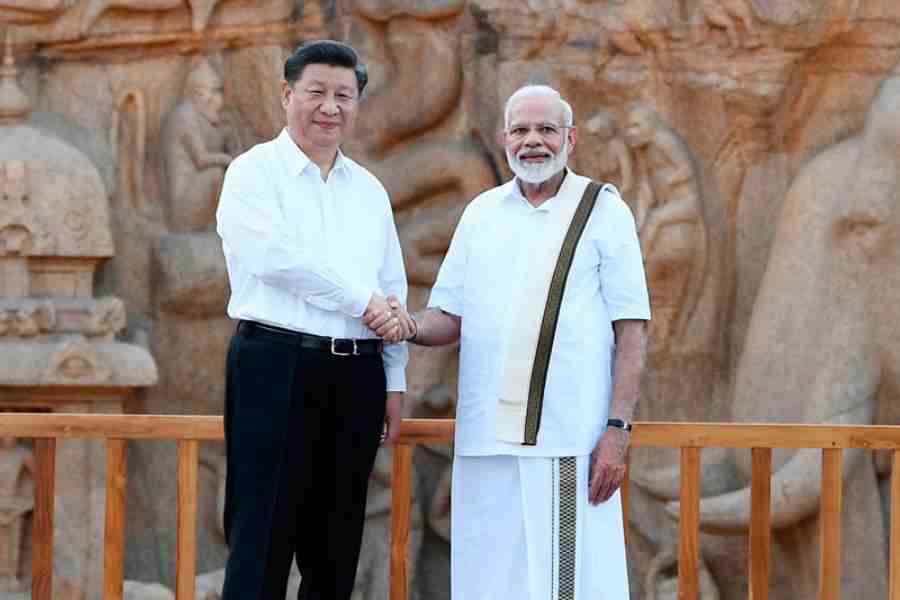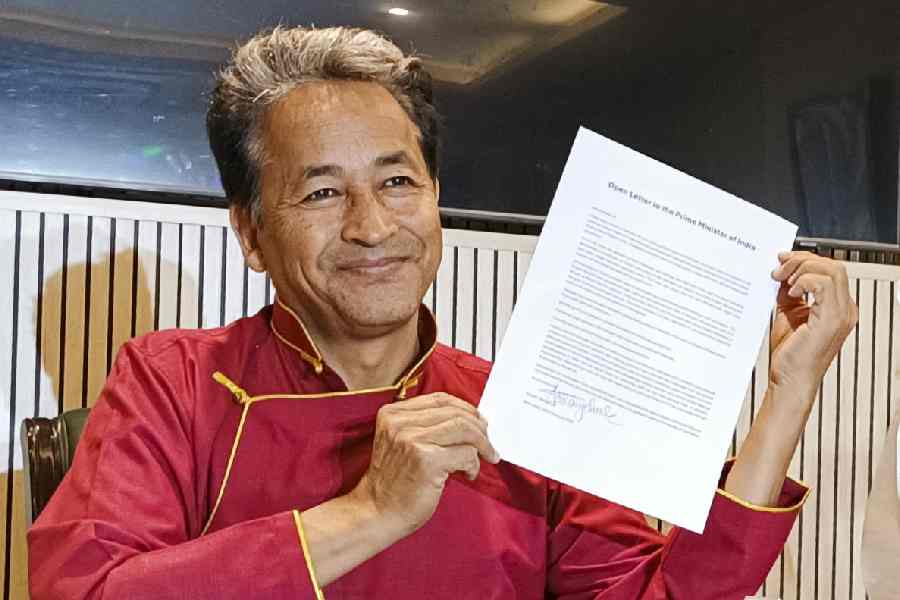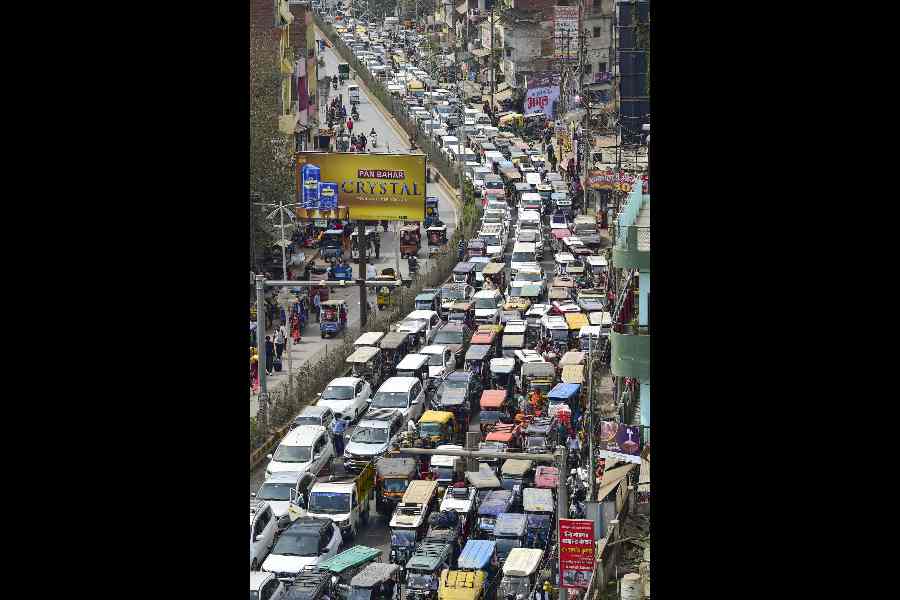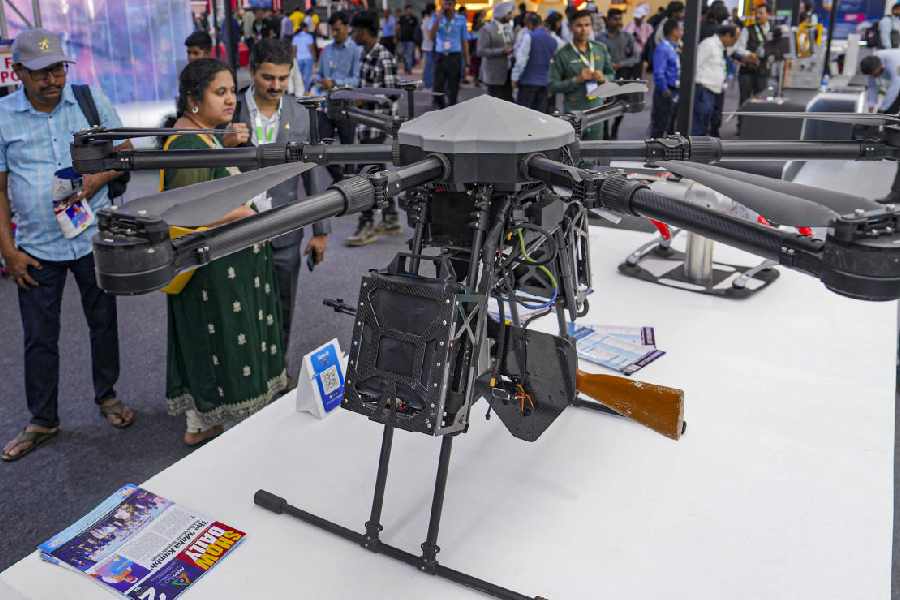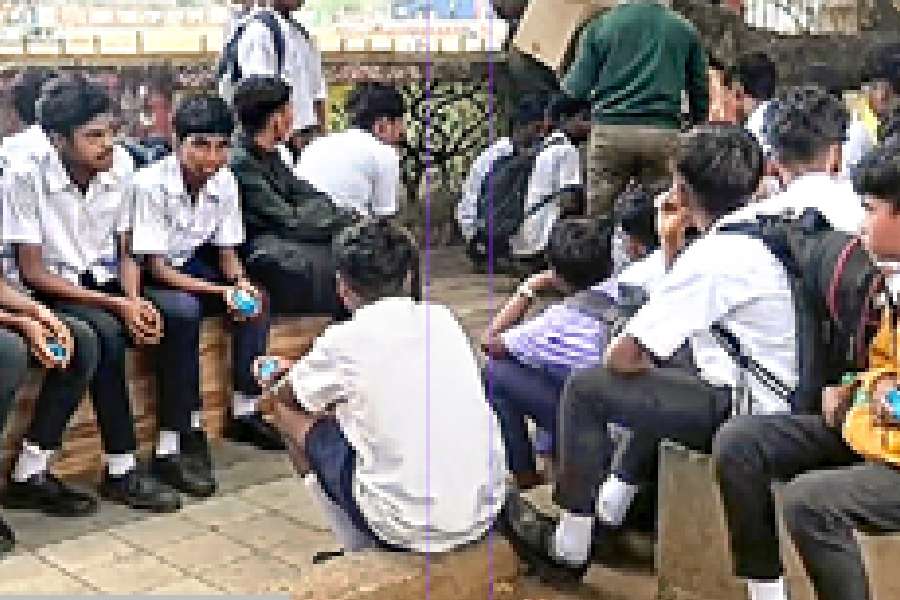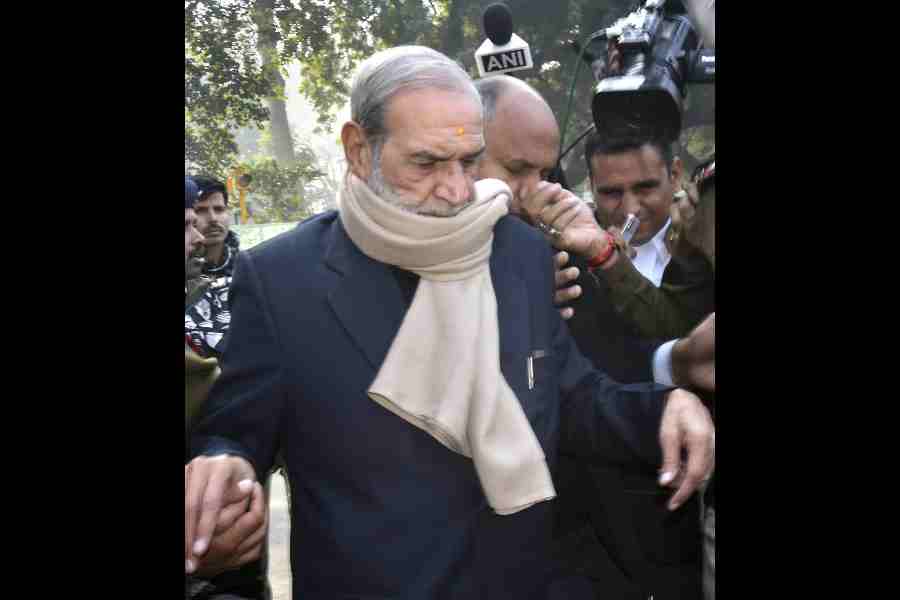Will they meet? Or won’t they? Will we even know if they do meet?
Most diplomacy — and rightly so — is conducted behind closed doors. That allows delegations to negotiate in ways that could be politically suicidal if declared publicly. Yet too much secrecy, especially when coupled with deception, carries its own risks. Nowhere is this more apparent than in India’s relationship with China. As Prime Minister Narendra Modi meets the leaders of Brazil, China and South Africa in Johannesburg this week for the BRICS Summit, questions have swirled over whether he will also speak one-on-one with the Chinese president, Xi Jinping.
The two countries have had a particularly difficult relationship since a border stand-off began in Ladakh, with the external affairs minister, S. Jaishankar, repeatedly saying that ties were “abnormal”. The world’s two most populous nations have large troop contingents stationed along their contested Himalayan border. So it is natural for the world to be interested in whether the leaders of India and China are trying to find a way to lower tensions. While it is hardly surprising for communist Beijing to pursue its tradition of opacity, it should be troubling for Indians that their own government is being less than honest. That is particularly so since a decisive foreign policy is one of the political planks that the Modi government has long campaigned on.
After visuals surfaced of Modi and Xi shaking hands at a dinner in Bali last November during the G20 summit hosted by Indonesia, India’s ministry of external affairs had said that the two leaders had exchanged pleasantries. It was revealed — eight months later in July — that their interaction extended far beyond a brief ‘Ni hao’ and ‘namaste’. After the national security adviser, Ajit Doval, met the Chinese foreign minister, Wang Yi, in South Africa on the margins of a BRICS meet, the Chinese side issued a statement referring to an “important consensus on stabilising China-India relations” that Xi and Modi had arrived at in Bali — a consensus that had been hidden from the world until then. It was then that the MEA confirmed that Modi and Xi had held a proper meeting in Bali. New Delhi seconded the Chinese assertion that their chat had revolved around stabilising bilateral ties.
It is perfectly understandable for India and China to not want to reveal details of such meetings, but to try and cover up that it happened is dangerous for Indian
interests. It can only be explained by political considerations — that Modi and his team were worried that meeting Xi without anything concrete to show for it would look bad months before the Lok Sabha election. That is bad politics because the truth has a way of coming out. But it is even worse for India’s diplomatic negotiating power with China when Beijing knows it holds information that could potentially embarrass its counterparts in New Delhi.
Sadly, however, this is all in keeping with the Modi government’s handling of the crisis in Ladakh and the relationship with China more broadly. Though independent researchers and analysts have pointed to the mounting evidence that, since 2020, Chinese forces have taken over territory that India has previously claimed, Modi has insisted that no Chinese soldier has even entered Indian land. That position makes it harder for Indian military commanders and diplomats to push China to vacate such disputed territory.
Meanwhile, India’s economic reliance on China continues undiminished — and is, in fact, growing by some measures. China is still either the top or the second-biggest trading partner of India, depending on which statistics one wants to believe. And India has had to use Chinese yuan to pay for Russian oil in recent weeks.
By coming clean on the reality of the relationship with China, India’s political leadership could prepare the country for what it can truthfully expect — including by acknowledging the mismatch in the capabilities of the two sides. India needs that. And the Indian people deserve that. Anything less should be unacceptable in a democracy.
Charu Sudan Kasturi is a senior journalist who writes on foreign policy and international relations

